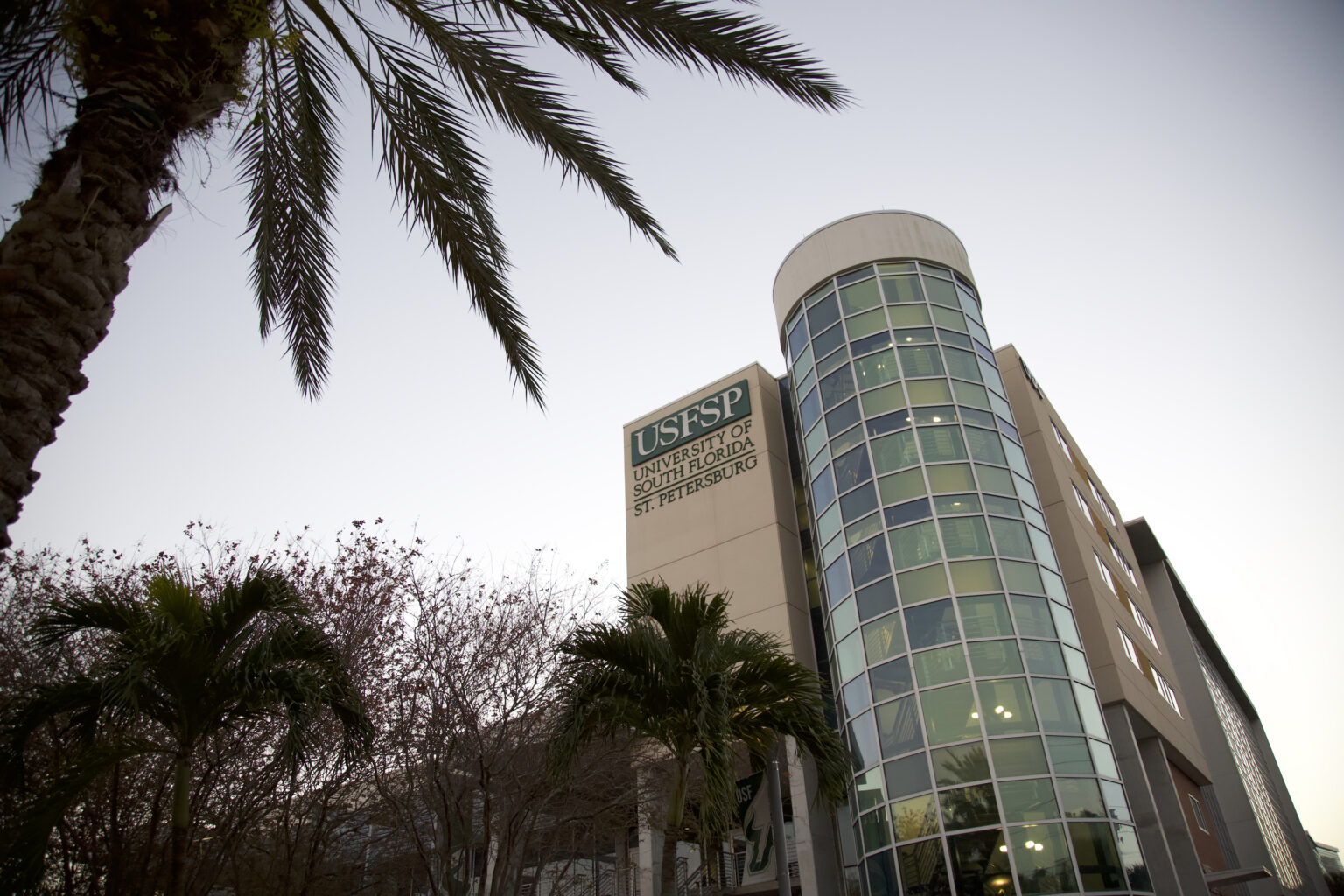USF researchers to study effects of structural racism within St. Petersburg institutions

The city of St. Petersburg will be taking a deep dive into its history of racism and how it has manifested itself in the public sector with help from a team of USF faculty and other community figures from the city.
The team of 12 will spend the next six months meeting biweekly and using historical records and data provided by St. Petersburg municipalities to examine how structural racism affects its Black constituents, with a specific focus on how racism is enacted and enabled through the interactions between societal institutions.
To determine how racism is enabled through institution interaction, the team will be examining data and records across education, health, economic and criminal legal systems.
“Our goal is really to … provide a historical overview and current trends that illustrate how structural racism affects the various academic and aspects of Black lives and communities in the city of St. Petersburg,” said Ruthmae Sears, USF associate professor of mathematics and leader of the team.
“Then provide recommendations for policy and practice that may help to dismantle structural racism, and then identify additional facets of structural racism [impacting] the Black community that will need future research.”
St. Petersburg’s city government reached out to the university for assistance looking into how racism is currently perpetuated citywide and for recommendations on how to dismantle it.
A final evaluation, including the team’s final assessments, will be presented to the St. Petersburg City Council in September, where it will explore the possibility of funding to enact the recommended changes made to the council.
“Our goal is really to reflect on these institutional arrangements among education, the criminal legal system and economic development entities to really reflect on ways to improve the quality of life,” said Sears.
Some tasks have already been divided up and assigned as the work begins, including historian work conducted by President of the African American Heritage Association in St. Petersburg Gwendolyn Reese and data analysis conducted by Tim Dutton from Unite Pinellas, a coalition of organizations and individuals in Pinellas County that strives for race equity in county affairs.
Evaluation of existing research on structural racism that can aid as the team continues in the development of their recommendations will be made by James McHale, chair of the Department of Psychology.
The interaction between systems at play in the St. Petersburg community will be the team’s key approach to identifying how racism persists in each of them. Products of structural racism in one area of life can’t be completely dismantled until their relationships with racism in other areas are identified as well, according to Sears, and it’s already showing in the research the team has conducted.
“Preliminary results are already showing us that even if we control for education, there are still disparities in other groups affecting the Black community,” said Sears.
“As we look at the system, we have to ensure that we capture the voices of individuals who are knowledgeable of the criminal legal system, individuals who are knowledgeable of the economic well-being of the space, but also individuals who study the black spaces to really think about how these systems are tied.”
As a community-oriented project, the team is making sure to provide space for members of the St. Petersburg community to share their input as research goes on. Community leaders have already been active in attending previously held meetings, and their input can add a substantial amount of value to how the team proceeds, according to Sears.
“Too often we look at it from one lens without realizing we need to see the beauty of the circle, because as we come from the lens of academics we have to also talk about the [lived aspect],’” said Sears.
“Because some strategies may work, but they may not work for you. So having the voices of the people who are in those spaces, who co-share those realities help us to really make sure the recommendations are not just well articulated and grounded literature, but they’re relevant and can actually be enacted in their spaces with the adequate support.”
Jalessa Blackshear, a senior undergraduate political science major, said when she read about the project she immediately knew she wanted to be involved. Her role will be working on making recommendations to specific policies that exist in St. Petersburg’s municipal charter that perpetuate systemic racism.
“I was like, ‘If they’re going to do this, then I need to be a part of this,’” said Blackshear.
“Not only because I’m a student at [USF St. Pete], but because I’m a descendant of residents from a historic Methodist town here. My great-grandparents settled here in the 40s, so … I have a responsibility to be involved in some capacity.”
Graduate student Casey LePack also became involved in the project in a similar way. As a St. Petersburg resident, LePack will be providing input and insight into the recommendations from a local perspective as he reviews the final documents that are drafted from the research data.
“Once that data and everything is accumulated, what I will do is go through it once the documents are typed up and kind of go through in a literature review. I am going to be putting input in as well,” said LePack. “So it’s not only looking at corrections and things like that, it’s going to be actually putting in input.”
With six months of diving into records and opening history books, the team is looking forward to being able to contribute to tangible change in the St. Petersburg area.
“Too often we put Band-Aids on issues without really addressing the core of the issue, and it’s at the core that these matters need to be fully addressed to ensure that it’s not repeated and we do improve the quality of life for all parties,” said Sears.







